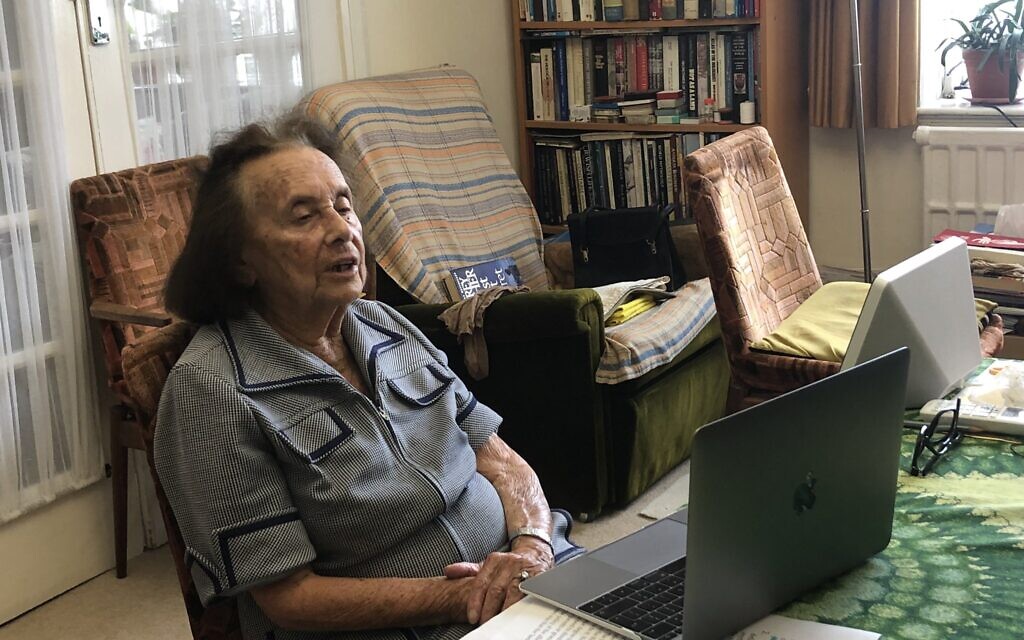Zooming in on Shoah education
With schools and shuls shut, survivors are finding new ways to share experiences. Jack Mendel speaks to some of them about teaching the lessons of the Holocaust online
At 96-years-old, Lily Ebert has just made her first Zoom call to students at Immanuel College. The Hungarian-born Auschwitz survivor acknowledges it’s not the same as a “face-to-face” with her audience, but the goal remains the same: to teach young people about the horrors of the Holocaust.
“I manage,” she reflects. “I went through the worst thing in my life.”
The lockdown has “not been easy” for this nonagenarian, but today she has a different focus as she opens up about her experiences. “You have to do it,” she says. “I try to stay strong and resilient.”
Get The Jewish News Daily Edition by email and never miss our top stories Free Sign Up
With the help of her 16-year-old great-grandson, Dov Forman, Lily was set up with Zoom, a platform with which she had previously not been familiar, but has learned to quickly embrace. “Our generation had to learn to adapt to different situations,” she smiles.
Previously used to speaking in front of hundreds of young people in lecture theatres, Lily adds that online is not the same as seeing young people in person, but for now it helps her get across her message.
“If you have to do it, you do it,” she shrugs. “I’ve learnt in life to make the best of what I have.”
Like many others currently shielding, Dr Martin Stern has struggled over the past 13 weeks of lockdown, describing this time as “frustrating and frightening”. But, equally, the 82-year-old remained “extraordinarily busy”.
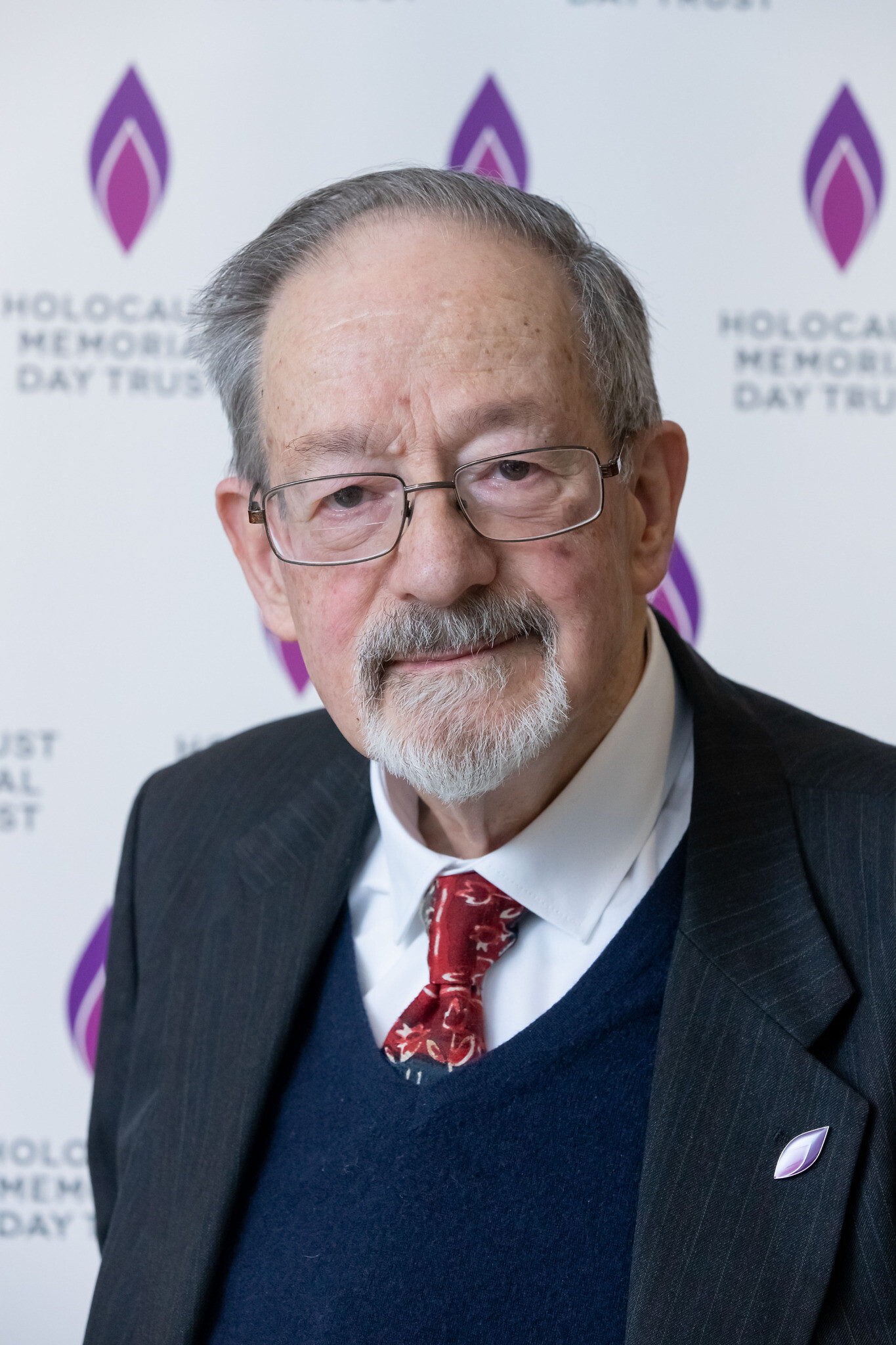
“I’ve been teaching online to schools with the National Holocaust Centre, and there have been loads of other Zoom webinars within the Jewish world,” he explains.
Sent to Theresienstadt aged five, Martin has much experience in speaking out about the Holocaust and believes virtual platforms, such as Zoom, are set to become a permanent feature in educating the next generation.
“There has been a remarkable demand, both at the National Holocaust Centre [in Nottingham] and the Holocaust Educational Trust [HET], and an amazing response from teachers and pupils,” he says. “Teachers are clearly thinking this deserves a place as an educational tool, even under the extremely difficult circumstances we face at present.”
Martin also sees the value in giving a class “in John O’ Groats and Land’s End at the same time” and reveals he has been helping others adapt to teaching remotely.
“Some survivors have been less technologically orientated, so I phoned them up and helped them get onto Zoom. I’ve also organised regular Zoom meetings for the Child Survivors’ Association of Great Britain [a group affiliated to the Association of Jewish Refugees]. We’re all learning how to use it better.”
Tomi Komoly, who was born in Budapest in 1936, has also embraced the new ways of making contact with people online, something with which he was already accustomed, thanks to having a daughter in Australia.
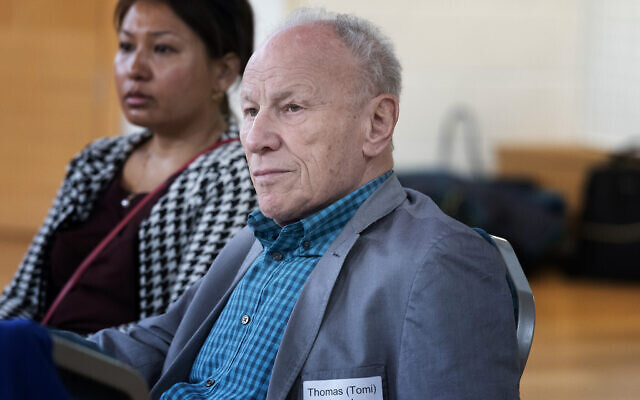
In fact, he had been out there visiting her in Sydney just days before lockdown was brought in.
“I literally got back as one of the last passengers on 12 March, having come through Singapore,” Tomi says. “I got through on an altered flight, but it was touch and go.”
Safely back at home, Tomi was comfortable switching to an online platform to continue telling others about his escape from the Nazis.
“I’m quite tech literate and used Zoom a year or two before anyone started using it during the pandemic,” he explains.
Still, Tomi says he would “very much regret” if school visits were to disappear altogether.
Having been to more than 70 schools and spoken to 30,000 students, he believes “there is something that enables them to connect with you when you meet face-to-face”.
That said, technology is a vital tool in continuing their work and he acknowledges the “very notable development”, at the National Holocaust Centre, which now features holograms of survivors speaking about their experiences.
“After all of us pass away, it will still be possible for school kids to listen and ask questions and interact and that’s a fabulous development,” he affirms.
For Simon Winston, born in 1938 in Ukraine, the lockdown has proven to be a challenging time, given that he is unmarried and lives alone on the outskirts of Nottingham.
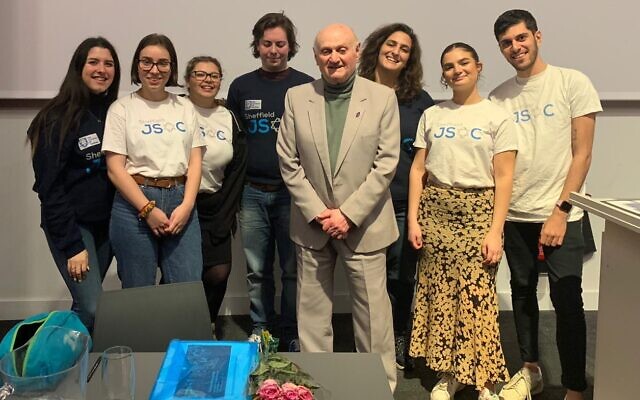
“It’s not been a very happy time,” he admits. “I’ve been in isolation for three months and expect to be in isolation for another three. I’ll still not feel safe even then.”
Simon has been helped by his local synagogue, with a volunteer helping with his shopping, while HET and the National Holocaust Centre are “constantly contacting me”.
Alongside such challenges, the former teacher has, however, continued educating about the Holocaust, albeit virtually.
“It’s a learning curve,” he reflects. “Gradually, I shall get better at it and, hopefully, as so many schools are interested, I’ll be speaking more and more. It will give me something to do”.
Dutch-born Steven Frank, 84, a child survivor of Theresienstadt, has kept himself busy during lockdown giving online lectures about his experiences although, like many others, reveals he would prefer his audience to be right in front of him.
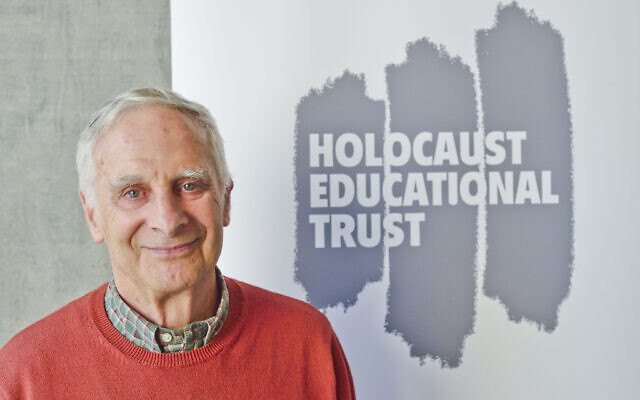
“When talking to a blank screen, you don’t get any feedback. You don’t know how your audience is reacting to what you’re saying, and, in many cases, I didn’t actually see the students or the teacher.”
After lockdown, Steven would like to return to face-to-face communal talks “because there’s no substitute to interaction between you and your audience”, he says.
He adds: “Virtual testimony is a poor second best, but second best is better than nothing at all. When all this is over, and the educational authorities say it’s safe for survivors to go back into schools, I shall be more than happy to do so – even if it means schlepping on a train.”
Harry Kessler, who was born in 1930 and fled from Czechoslovakia, sees both the pros and cons of speaking to students over Zoom.
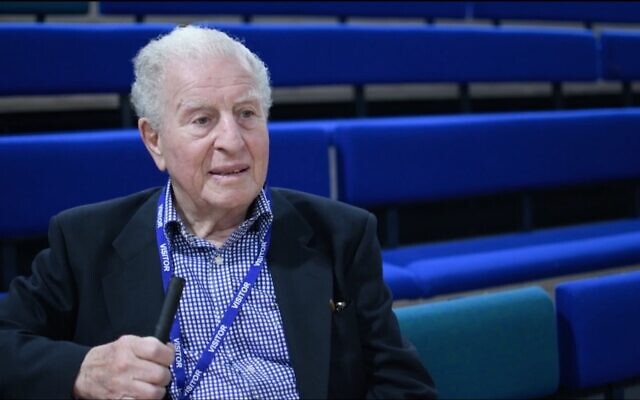
“Speaking to little unknown pictures on screen is not by any means the same as speaking to a live audience,” he says.
“Students are also hesitant about asking questions at the end, so usually those come from the teachers.”
But he also acknowledges how virtual platforms are helping people connect, including his own “scattered family” in Argentina, America and Israel.
“I had never spoken to people over Zoom before, so in this way at least, it’s had a good effect.”
That connection has been key to helping to continue vital education in the midst of a pandemic, says HET chief executive Karen Pollock, which has created a virtual “Lessons from Auschwitz” of the former Nazi death camp for those unable to visit in person at this time.
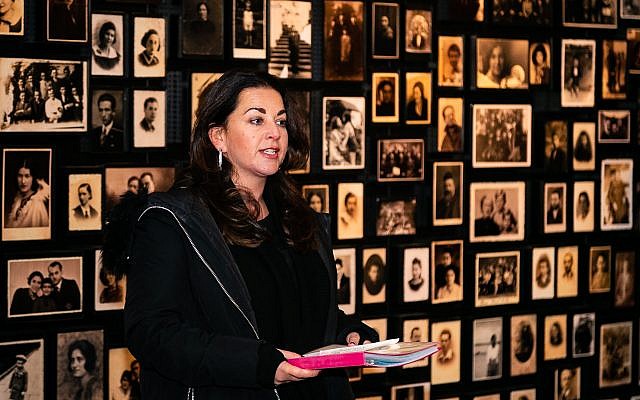
“This is the last generation who can meet and be with a Holocaust survivor – who, until coronavirus, were travelling the length and breadth of the country and making a real difference.
“At first, there was a real fear of how we would connect the survivors with people, but now we don’t feel like that at all.
“They are versatile, committed and resourceful people. They have got online and continue to share their testimonies.”
For more information visit:
- The Holocaust Educational Trust – www.het.org.uk
- The National Holocaust Centre and Museum – www.holocaust.org.uk
- The Association of Jewish Refugees: www.ajr.org.uk
- Holocaust Memorial Day Trust UK – www.hmd.org.uk

Thank you for helping to make Jewish News the leading source of news and opinion for the UK Jewish community. Today we're asking for your invaluable help to continue putting our community first in everything we do.
For as little as £5 a month you can help sustain the vital work we do in celebrating and standing up for Jewish life in Britain.
Jewish News holds our community together and keeps us connected. Like a synagogue, it’s where people turn to feel part of something bigger. It also proudly shows the rest of Britain the vibrancy and rich culture of modern Jewish life.
You can make a quick and easy one-off or monthly contribution of £5, £10, £20 or any other sum you’re comfortable with.
100% of your donation will help us continue celebrating our community, in all its dynamic diversity...
Engaging
Being a community platform means so much more than producing a newspaper and website. One of our proudest roles is media partnering with our invaluable charities to amplify the outstanding work they do to help us all.
Celebrating
There’s no shortage of oys in the world but Jewish News takes every opportunity to celebrate the joys too, through projects like Night of Heroes, 40 Under 40 and other compelling countdowns that make the community kvell with pride.
Pioneering
In the first collaboration between media outlets from different faiths, Jewish News worked with British Muslim TV and Church Times to produce a list of young activists leading the way on interfaith understanding.
Campaigning
Royal Mail issued a stamp honouring Holocaust hero Sir Nicholas Winton after a Jewish News campaign attracted more than 100,000 backers. Jewish Newsalso produces special editions of the paper highlighting pressing issues including mental health and Holocaust remembrance.
Easy access
In an age when news is readily accessible, Jewish News provides high-quality content free online and offline, removing any financial barriers to connecting people.
Voice of our community to wider society
The Jewish News team regularly appears on TV, radio and on the pages of the national press to comment on stories about the Jewish community. Easy access to the paper on the streets of London also means Jewish News provides an invaluable window into the community for the country at large.
We hope you agree all this is worth preserving.
- News Features
- Features
- Lily Ebert
- Dr Martin Stern
- National Holocaust Centre
- Holocaust Educational Trust
- Child Survivors’ Association of Great Britain
- Association of Jewish Refugees
- Tomi Komoly
- Simon Winston
- Steven Frank
- Harry Kessler
- Karen Pollock
- The Holocaust Educational Trust
- Lessons from Auschwitz
- Holocaust Memorial Day Trust (HMDT)
-
By Brigit Grant
-
By Laurent Vaughan - Senior Associate (Bishop & Sewell Solicitors)
-
By Laurent Vaughan - Senior Associate (Bishop & Sewell Solicitors)
-
By Laurent Vaughan - Senior Associate (Bishop & Sewell Solicitors)
-
By Laurent Vaughan - Senior Associate (Bishop & Sewell Solicitors)


